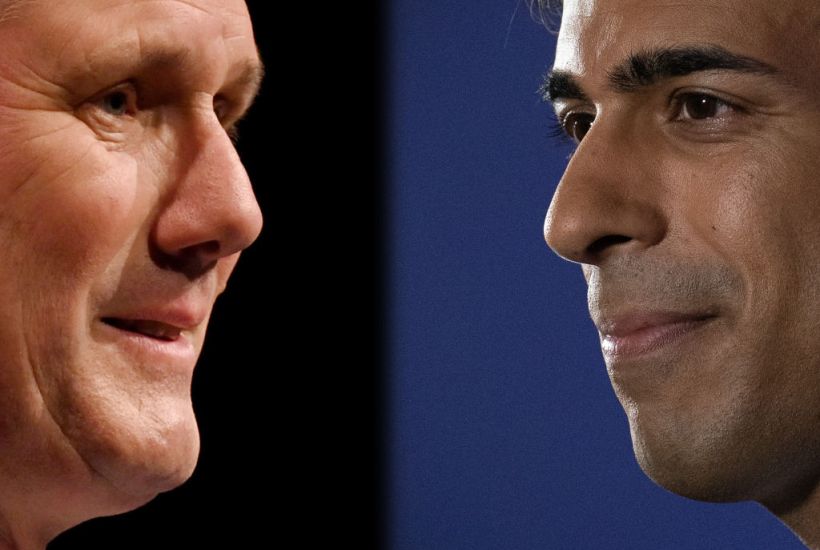What happens if the latest round of strikes against the Houthis don’t deter them?
That was the big question as Rishi Sunak made his statement to the Commons on yesterday’s attacks. The Prime Minister stuck to his two key lines from last week, that the strikes were targeted, and that the Houthis’ attacks are no way linked to the war in Gaza – though once again he did update MPs on the latter.
Already a subscriber? Log in
Subscribe for just $2 a week
Try a month of The Spectator Australia absolutely free and without commitment. Not only that but – if you choose to continue – you’ll pay just $2 a week for your first year.
- Unlimited access to spectator.com.au and app
- The weekly edition on the Spectator Australia app
- Spectator podcasts and newsletters
- Full access to spectator.co.uk
Or




















Comments
Don't miss out
Join the conversation with other Spectator Australia readers. Subscribe to leave a comment.
SUBSCRIBEAlready a subscriber? Log in